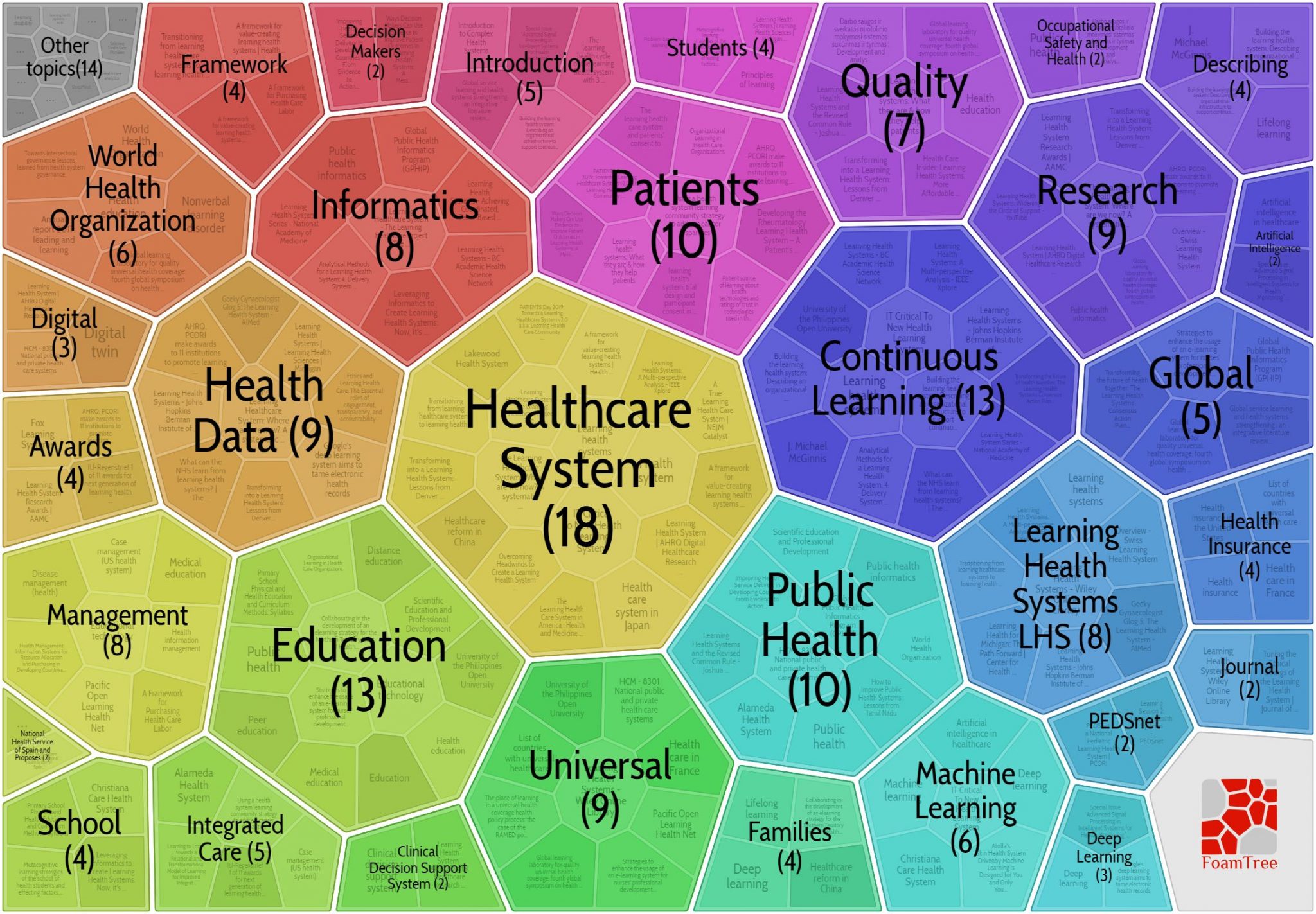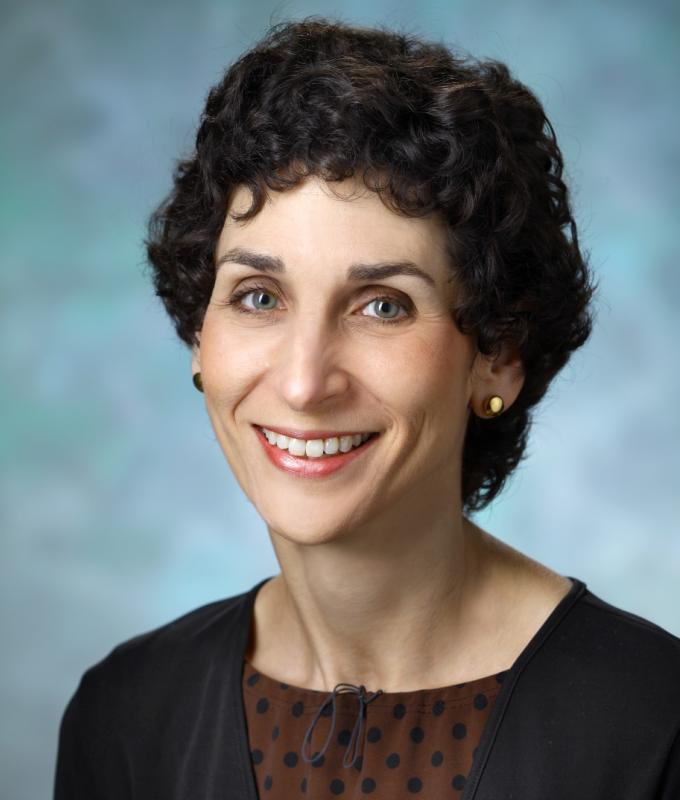
Can Academic Medical Centers Really be Learning Health Systems?
Open Events
Friday, March 21, 2025
12 - 1 p.m. ET
Panelists

Chris DeRienzo, M.D., is the senior vice president and chief physician executive of the American Hospital Association. DeRienzo develops strategies and resources that improve health outcomes in support of the mission of the nation’s hospitals and health systems. Most recently, DeRienzo served as system chief medical officer and senior vice president of quality at WakeMed Health & Hospitals in Raleigh, N.C. DeRienzo was responsible for value-based care, care transformation, quality, patient safety, analytics, population health, and medical staff initiatives across the integrated health system.
DeRienzo also has served as chief medical officer and advisory board member of Prealize, an artificial intelligence-enabled predictive analytics company that uses machine learning to drive improved care. Prior to that, DeRienzo was chief quality officer for Mission Health in Asheville, N.C., where he led continuous improvement efforts that advanced patient care and improved the health of rural North Carolinians.

Lucy Savitz, PhD (University of Pittsburgh) is a professor of health policy and management at Pitt Public Health where she also serves as the director of external affairs for the department. She is senior advisor to the UPMC Health Plan, Center for High-Value Health Care. Previously Dr. Savitz was vice president for health research in the Kaiser Permanente Northwest Region and the director for the Center for Health Research based in Portland, Oregon for 5 years. She was assistant vice president for delivery system science in the Intermountain Healthcare Institute for Healthcare Delivery Research, facilitating mission critical health services research for 12 years. Dr. Savitz was an elected member of the Board of Directors for the High Value Healthcare Collaborative overseeing the Discovery of Dissemination Board Committee—a group of leading delivery systems across the U.S. committed to driving transformational change in quality and payment reform. At Kaiser Permanente, she served on the board and is the immediate past chair for the Health Care System Research Network. She has worked as an economist for the Colorado State Legislature, a financial planner at UNC Health Care, a rural health researcher at the Cecil G. Sheps Center for Health Services Research, as a faculty member at the University of North Carolina at Chapel Hill, and a senior health services researcher at RTI and Abt Associates, Inc.

Scott D. Halpern, MD, PhD is the John M. Eisenberg Professor of Medicine, Epidemiology, and Medical Ethics and Health Policy at the University of Pennsylvania and a practicing critical care doctor. He is the founding Director of the Palliative and Advanced Illness Research (PAIR) Center, which seeks to improve the lives of all people affected by serious illness and remove the barriers to health equity that seriously ill patients commonly face. Within PAIR, he also directs the American Heart Association-funded BETTER Center (Behavioral Economics to Transform Trial Enrollment Representativeness), which tests ways to improve the diversity of enrollment in clinical trials, and Penn PORTAL (Patient-Oriented Research and Training to Accelerate Learning), one of 16 U.S. Centers of Excellence in learning health system science.
Early in his career, Dr. Halpern developed the construct of hospital capacity strain, elucidating the causes and consequences of limits on hospitals’ abilities to deliver high-quality care to all patients who could benefit from it. He then demonstrated how behavioral economic principles can illuminate how patients, family members, and clinicians make decisions about end-of-life care. Leveraging these insights, he now conducts large, pragmatic randomized trials of behavioral economics interventions to improve the equity and efficiency of serious illness care delivery. He has been recognized with many awards in bioethics and health services research, including election to the American Society of Clinical Investigation, the Association of American Physicians, and the Hastings Center, and the National Academies of Medicine.
Moderator:

Jodi Segal, MD, MPH
Professor of Medicine, Epidemiology, and Health Policy and Management
Johns Hopkins University School of Medicine and School of Public Health
The Hopkins Business of Health Initiative integrates the scholarship across Johns Hopkins University - through a partnership between the Carey Business School, Bloomberg School of Public Health, School of Nursing, and School of Medicine - around a shared vision of a healthier America, supported by an affordable and equitable, high-value health system. In pursuit of this vision, our work focuses on the role of business and incentives through rigorous, objective, non-partisan, interdisciplinary research. Learn more here.
